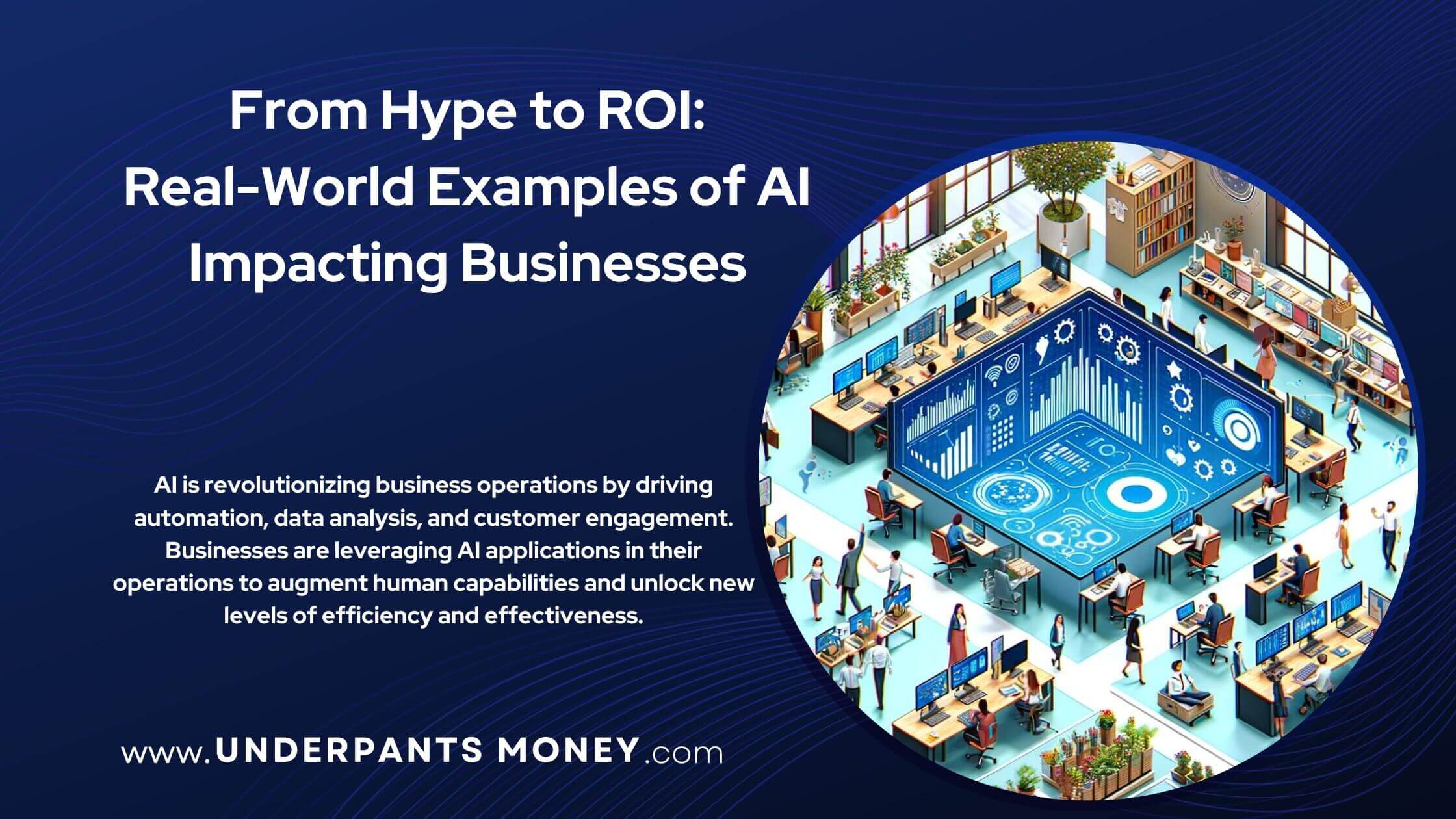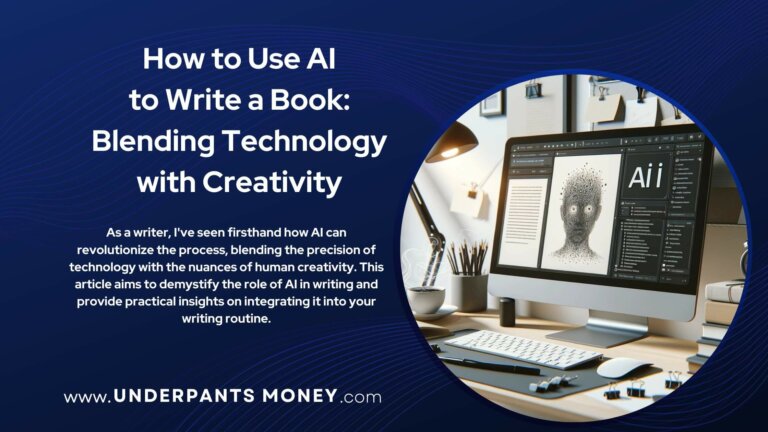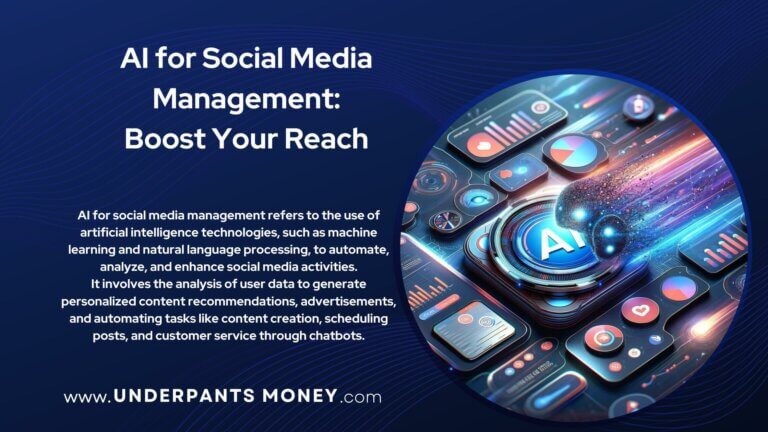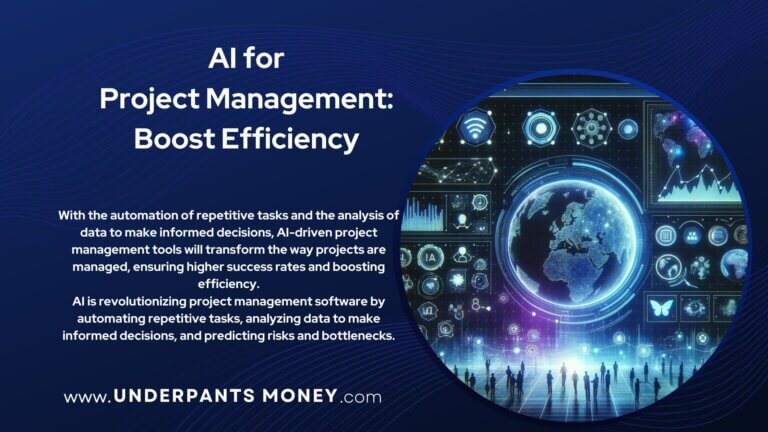From Hype to ROI: Real-World Examples of AI Impacting Businesses

Did you know that 37% of organizations have already implemented some form of artificial intelligence (AI) in their operations? The impact of AI on businesses is substantial, with proven use cases spanning various industries. From intelligent chatbots and virtual personal assistants to data-driven decision-making, AI is revolutionizing the way businesses operate.

Key Takeaways:
- AI is already being implemented in 37% of organizations, showcasing its real-world impact on businesses.
- Proven AI use cases in businesses include intelligent chatbots, virtual personal assistants, and data-driven decision-making.
- AI-driven solutions enhance products, services, and overall business operations, driving efficiency, cost-cutting, and innovation.
How AI is Impacting Business Operations
AI is revolutionizing business operations by driving automation, data analysis, and customer engagement. Businesses are leveraging AI applications in their operations to augment human capabilities and unlock new levels of efficiency and effectiveness.
Automating Processes
One of the key ways AI is impacting business operations is through AI-driven automation. By utilizing machine learning algorithms, businesses can automate routine tasks and streamline operations. This allows employees to focus on more meaningful work that requires human judgment and creativity. For example, AI-powered chatbots can handle customer inquiries, freeing up customer service representatives to handle more complex issues and deliver personalized experiences.
Gaining Insights through Data Analysis
AI’s ability to analyze large volumes of data is empowering businesses to make data-driven decisions. With AI data analysis, businesses can uncover patterns, trends, and correlations that may have been missed by manual analysis. This valuable insight enables better strategic planning, optimization of resources, and identification of new opportunities. For instance, AI algorithms can analyze customer behavior data to personalize marketing campaigns and improve customer retention.
AI-Enabled Customer Engagement
Customer engagement is a critical aspect of business success, and AI is transforming how businesses interact with customers. AI-enabled customer engagement tools, such as chatbots and virtual assistants, provide fast and personalized responses to customer queries, 24/7. These AI-powered tools enhance customer satisfaction, improve response times, and reduce customer support costs. Additionally, AI algorithms can analyze customer feedback and sentiment to identify customer needs and preferences, enabling businesses to deliver more targeted products and services.
Augmenting Human Capabilities with AI
AI is not meant to replace humans but to augment their capabilities. By working alongside AI technologies, employees can enhance their productivity and collaboration. For example, AI-powered collaboration tools can analyze and categorize emails, messages, and documents, making it easier for employees to search for information and collaborate effectively. This collaboration between humans and AI leads to improved efficiency, better decision-making, and innovation within organizations.
By leveraging AI applications in business operations, businesses can drive automation, gain valuable insights, engage with customers effectively, and augment human capabilities. The impact of AI on business operations is undeniable, and organizations that embrace AI stand to gain a competitive edge in today’s fast-paced business landscape.
Moving from Hype to ROI: Challenges and Strategies
While implementing artificial intelligence (AI) holds immense potential, many businesses face challenges in achieving a positive return on investment (ROI). The reality is that only 14.6% of firms worldwide have AI projects in widespread production, highlighting the gap between expectations and actual implementation.
To overcome these challenges, businesses should adopt an incremental approach to AI and focus on augmenting human capabilities rather than replacing them entirely. Understanding which AI technologies are best suited for specific tasks is crucial. By creating a prioritized portfolio of projects aligned with the organization’s needs and developing plans for scaling AI across departments, businesses can effectively address the challenges they face.
By strategically adopting the use of AI, businesses have the potential to move away from the hype and achieve tangible ROI. Instead of treating AI as a one-time implementation, an incremental approach enables organizations to gradually integrate AI solutions, building upon existing capabilities. This approach allows for a smoother transition and minimizes disruptions while maximizing the benefits of AI implementation.
Furthermore, by harnessing the power of AI to augment human capabilities, businesses can leverage the unique strengths of both humans and machines. AI can assist in automating routine and time-consuming tasks, allowing human employees to focus on more critical and value-added responsibilities. This collaboration between humans and AI technology ensures a harmonious blend of skills, creating a more efficient and productive workforce.
FAQ
What are some proven uses of AI in business?
AI is applied in various ways in business, such as intelligent chatbots, virtual personal assistants, and data-driven decision-making. It has proven to be beneficial across industries and sectors.
How does AI impact business operations?
AI impacts business operations in three key areas: automating processes, gaining insights through data analysis, and engaging with customers and employees. It automates routine tasks, provides valuable data insights, and enhances customer engagement and employee productivity.
Why do many businesses struggle to achieve a positive ROI with AI?
Only a small percentage of firms have AI projects in widespread production, indicating challenges in implementation. Businesses should take an incremental approach, understanding which AI technologies perform specific tasks and creating prioritized projects aligned with business needs to overcome these challenges and achieve ROI.
How can businesses move from the hype to achieving tangible ROI with AI?
To achieve tangible ROI with AI, businesses should adopt a strategic approach that focuses on augmenting human capabilities rather than replacing them. This includes understanding the specific tasks AI can perform, creating a prioritized portfolio of projects, and developing plans for scaling AI implementation across the organization.






